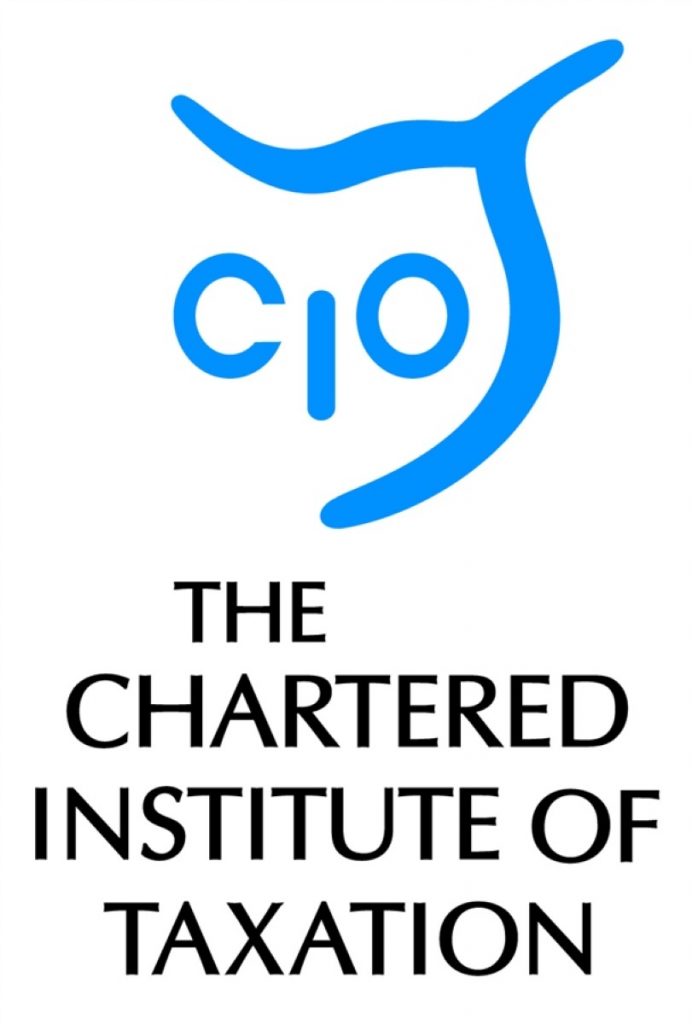CIOT: Government tax rules hinder government intentions
The Government’s tax rules are hindering good government intentions to help vulnerable and disabled people live independently within the community.
A new report from the Low Incomes Tax Reform Group (LITRG) finds that more help and joined-up government are needed if the move towards direct payments and individual budgets is to be effective.
‘Direct payments’ are cash payments made directly to the bank account of vulnerable people as an alternative to more traditional forms of care, such as in a residential home. Local authorities are now obliged to offer direct payments to all in need of appropriate levels of care.
John Andrews, Chairman of LITRG, says: “We hope that the government takes on board our concerns. We want individual budgets to flourish without the bureaucracy of a tax system that was never designed to cope with the “accidental employers” that are created by direct payments.
“We have had remarkable co-operation from HM Revenue & Customs in identifying the issues and if this co-operation can be extended to solving the problems then the future of this important government initiative will be that much brighter”.
In 2005-06 there were over 45,000 users of direct payments in the UK, including disabled adults, younger persons, carers of disabled children, and older people. It is the government’s intention that the number of users should rise significantly in the next few years.
A consequence of direct payments is that if the money is used to pay a personal assistant or carer, the user becomes an employer and is therefore obliged to operate PAYE and NIC and undertake other obligations of an employer. This is not always made known to users when they have to choose between direct payments or a more traditional form of care.
The technicalities of PAYE, NIC, national minimum wage, and other aspects of being an employer, present many difficulties for direct payments users. Things are made worse by the lack of customer services targeted for users, and the fragmented nature of government involvement in direct payments policy and administration.
The LITRG report, “Independent living, direct payments and the tax system”, identifies a number of tax traps and suggests how the system can be made friendlier to the needs of the vulnerable.
-ENDS-
For press information contact Simon Goldie on 020 7245 4122 (direct line), 07879 497316 (mobile). Email sgoldie@ciot.org.uk
Notes for editors
Report available on request.
The Low Incomes Tax Reform Group is an initiative of The Chartered Institute of Taxation.
www.litrg.org.uk
www.tax.org.uk





-01.png)